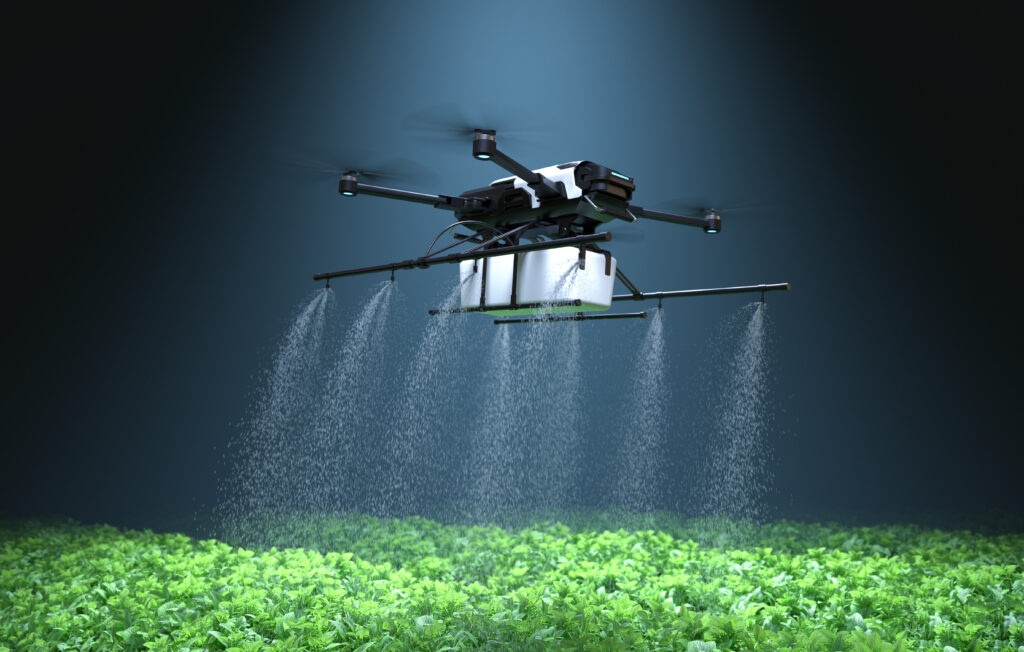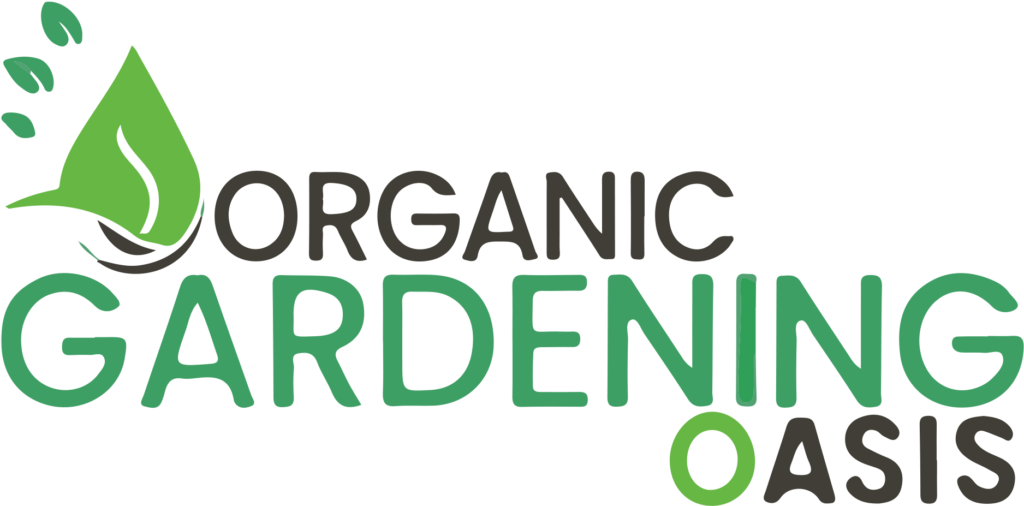Are you curious about the future of gardening? Organic gardening is evolving with exciting organic trends and gardening innovations. In this blog post, we will explore what’s next for organic gardening, how you can get involved, and why these changes are important for our environment and health.
What is the Future of Gardening?
The future of gardening is all about using sustainable practices and new technologies to grow food and plants. Organic gardening focuses on avoiding chemicals and using natural methods. As we move forward, more gardeners are looking for ways to improve their practices. This includes using smart technology, focusing on biodiversity, and engaging with their communities.
Emerging Trends in Organic Gardening
1. Increased Focus on Biodiversity
Biodiversity means having many different types of plants and animals in an area. In organic gardening, this is important for creating a balanced ecosystem. More gardeners are using techniques like companion planting, where different plants grow together to help each other. For example, planting marigolds with vegetables can keep pests away and improve growth.
2. Urban Organic Gardening
As cities grow, many people are turning to gardening in urban areas. Space is often limited, but innovations like vertical gardening and rooftop gardens allow people to make the most of small areas. These gardens not only provide fresh food but also create green spaces in concrete environments.
3. Regenerative Agriculture
Regenerative agriculture focuses on restoring and maintaining healthy soil. This method goes beyond organic practices by improving the land for future generations. Organic gardeners can adopt practices such as cover cropping and no-till farming to support soil health and increase biodiversity.
Technological Innovations in Organic Gardening
1. Smart Gardening Technologies
Technology is making it easier to garden effectively. Tools like soil sensors and moisture meters help gardeners monitor their plants’ needs. Smart irrigation systems can water gardens based on real-time data, saving water and reducing waste. This innovation is becoming popular among those who want to maximize their garden’s productivity.
2. Hydroponics and Aquaponics
Hydroponics is a method of growing plants in water without soil. Aquaponics combines fish farming with hydroponics. These methods are becoming popular in urban areas where space is limited. They allow gardeners to produce fresh food efficiently, using less water and space.
3. Drones and AI in Agriculture
Drones are now being used to monitor crops from above. They can provide valuable data on plant health and help gardeners identify issues quickly. Additionally, artificial intelligence is being used to analyze data and suggest improvements for garden management. This technology allows gardeners to make informed decisions for better yields.

Community and Educational Initiatives
1. Community Gardening Projects
Community gardens are becoming a vital part of urban areas. They not only provide fresh food but also bring neighbors together. These projects promote organic practices and create a sense of belonging. Many successful community gardens have embraced new trends, inspiring others to join in.
2. Workshops and Online Learning
Learning about gardening innovations is easier than ever. Many local groups and online platforms offer workshops on organic gardening. These events help people learn new techniques and share knowledge about sustainable practices.
3. Encouraging Youth Engagement
Getting young people involved in gardening is crucial for the future. Programs aimed at children teach them about healthy eating and environmental stewardship. This engagement helps foster a new generation of gardeners who appreciate the importance of organic practices.
FAQs
1. What are the main trends in organic gardening?
Some key trends include a focus on biodiversity, urban gardening solutions, and regenerative agriculture practices that enhance soil health.
2. How can technology help in organic gardening?
Technology like soil sensors and smart irrigation systems can optimize gardening practices by providing real-time data, which helps save resources and improve plant growth.
3. Why is community involvement important in gardening?
Community gardens promote social connections, provide access to fresh food, and allow for shared learning experiences, making them essential for sustainable urban living.
Conclusion
The future of gardening is bright, filled with innovative practices and trends that support sustainability and health. As more people explore organic trends and gardening innovations, we can all contribute to a greener future. Whether you’re a seasoned gardener or just starting, now is the time to embrace these changes and make a positive impact in your community.
So, gather your tools and get ready to dig into the future of organic gardening! Your garden and community will thank you.
Learn more about organic gardening at your favorite blog.
